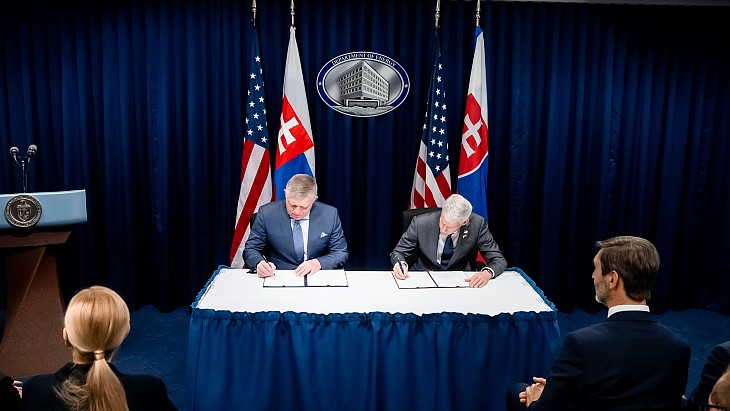US radioactive waste management specialist Kurion has announced the completion of construction and acceptance testing of its prototype tritium management solution, the Modular Detritiation System (MDS).
Kurion announced last September that it was building a prototype MDS which is ten times larger than the system it was using at that time. The system - built in Richland, Washington - uses a full-scale catalytic exchange column.
The company announced yesterday that the MDS has now completed "an extensive cold and hot commissioning phase and is achieving its design goals based on scaling-up its proven bench scale system".
.jpg) |
The prototype MDS (Image: Kurion) |
Tritium is an isotope of hydrogen and is more challenging to process compared with other contaminants because it forms tritiated water. A molecule of normal water contains two atoms of hydrogen and one of oxygen, but in a molecule of tritiated water, one of those hydrogens has been replaced with tritium. Industrial processes exist to remove tritium from heavy water. Such processes are used to remove tritium from the heavy water coolant and moderator used in Candu reactors, but are too expensive to be viable for use in removing tritium from the Fukushima Daiichi waste water or from operating light-water reactors.
Kurion's MDS system is a unique and improved design of the traditional combined electrolysis and catalytic exchange system that has been used in heavy water applications. In the MDS, the tritirated water is fed into an electrolyzer where it is cracked into gaseous oxygen and hydrogen streams. Both streams are cleaned of all contaminants, leaving only pure oxygen and pure hydrogen and tritium. The tritium extracted through the process can eventually be shipped to a qualified treatment company for either recovery or disposal.
Kurion claims its MDS is the world's first solution to process large volumes of light water across a range of concentrations to remove tritium contamination and allows for the recycling or clean release of reactor cooling water for light water reactors.
David Carlson, senior vice president of Kurion's separation business unit, said: "Tritium removal presents a unique cleanup challenge globally and Kurion is at the forefront to deliver the most advanced detritiation solutions to fulfil our clean energy promise." He added, "We are working with leading tritium experts and customers globally to achieve this success."
Kurion said it is currently in discussions with a number of customers to introduce its MDS technology. "Interest ranges across both operating and decommissioning plants," it said.
In 2014, Japan's Ministry of Economy, Trade and Industry awarded Kurion a JPY1 billion ($9 million) grant to evaluate the application of its technology at the damaged Fukushima Daiichi plant. That study is due to be completed by the end of this month. Kurion's technology was one of three selected by the ministry to go forward to the demonstration phase, alongside offerings from GE Hitachi Nuclear Energy Canada and Russia's FSUE Radioactive Waste Management Enterprise.
Researched and written
by World Nuclear News




_19544_40999.jpg)

_66668.jpg)






